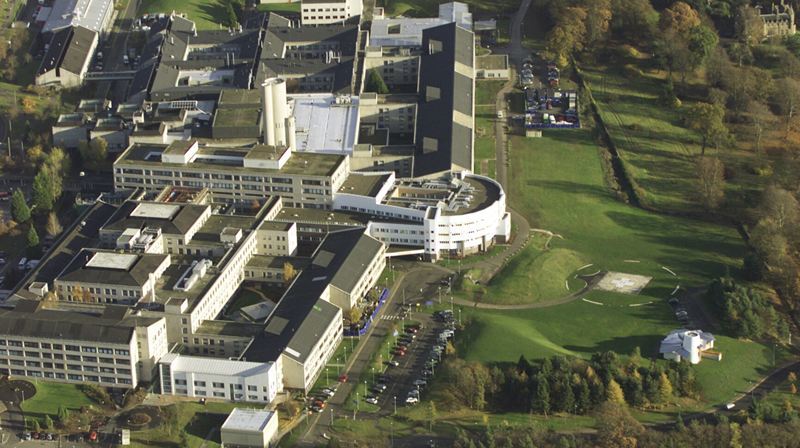Staff at Ninewells Hospital in Dundee failed to treat an 86-year-old stroke victim properly, a report by the Scottish Public Services Ombudsman has found.
Checks on his blood pressure were meant to be made every two hours but after he was moved to a ward this was done only three times in more than a day.
In the findings the ombudsman also decided the hospital did not do enough to raise the patient’s blood pressure later in his treatment after it dropped abruptly.
The board of NHS Tayside, which runs Ninewells, has agreed to make changes to the way staff handle stroke patients. It also apologised to the daughter of the man for the time it took to deal with her complaint.
The 86-year-old who has been identified only as Mr A in the ombudsman’s report was admitted after collapsing at home. He was diagnosed as having suffered a stroke.
Clinical records show his blood pressure was “significantly high” when he came into the acute admitting unit and at first it was monitored every hour.
The next day this was reduced to every two hours but that evening he was sent to ward five and his blood pressure was checked only three times in the next 25 hours.
A visiting family member found him “unresponsive” after he had been given drugs to help lower his blood pressure and then placed back on his usual medication he took for heart problems.
The case was looked at by the ombudsman’s medical adviser, who said there were no documents to justify the change in monitoring.
The ombudsman’s report said, “The adviser is of the opinion that had more frequent observations been carried out, between the time when Mr A’s usual medication was reintroduced at 8am and at 11am when a family member found him unresponsive, then staff may have acted more quickly.
“The adviser also noted that there was no evidence in the clinical records to show that the effects of the drugs administered had been clearly assessed by medical staff before reintroducing his usual medication.”
The ombudsman said, “Although the board have stated that his blood pressure was monitored throughout his hospital stay, I do not consider the frequency of the monitoring to be of an adequate standard following his transfer to ward five and at the crucial time medication was administered.”
The medical adviser considered whether putting the patient back on his usual drugs had resulted in his condition worsening while on the ward. He believed this was the primary cause of his “sudden and severe decline in blood pressure.”
The patient’s daughter complained that staff had not done enough to raise his blood pressure at that time.
NHS Tayside said, “It would not have been appropriate to administer any type of medications to reverse the low blood pressure in this instance. However, action was taken in that the blood pressure medications were stopped and Mr A was given intravenous fluids to try to increase the blood pressure.”
The board said there had been problems in positioning a tube, which had resulted in delays to the fluids being administered, but added, “There is now improved access to medical devices to support timely infusion of intravenous therapy.”
The ombudsman told the board to review policy for monitoring acute stroke patients whose treatment may cause “unexpected and precipitous falls” in blood pressure. He also told it to provide evidence demonstrating “consistency and continuity of case” for patients who are being transferred.
The protocols used in the stroke unit guiding the immediate care of patients whose blood pressure drops severely must be reviewed.
NHS Tayside has accepted all the recommendations and agreed to act on them. The board also apologised to Mr A’s daughter, who brought the complaint, for taking 15 weeks to respond to her instead of the 20-day target.
